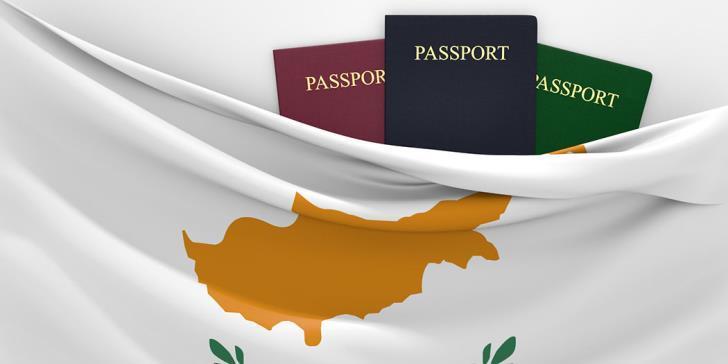The government is introducing changes to the island’s passport investment scheme so as to alleviate concerns expressed by the European Commission.
Among changes under review by relevant ministries in Nicosia is an extension of the sectors in which foreign investors can be attracted to, according to Phileleftheros.
Cyprus now offers two types of schemes: citizenship by investment, naturalisation of investors by and residence by investment.
The investment amount is €2m if the investment is made solely in residential real estate, at least a quarter of which must be spent on a residence for life.
The plan is flexible as regards the type of investment, and it may involve one in real estate, local businesses or in the purchase of state bonds.
Over the last five years the Republic of Cyprus has granted Cypriot citizenship to 4,700 foreigners, mainly from Russia and China.
In the meantime, Nicosia expects the release by the Commission later on Wednesday of the report which warns about the granting of “golden passports” before it takes a stand. In the draft report, obtained by Phileleftheros on Tuesday, the Commission warned that it “will take the necessary action if necessary”.
Amongst other, the draft report refers to risks that may arise for the whole of the EU from these ‘golden passports’ and points the finger at organized crime, corruption, money laundering and tax evasion.
Read more: Commission warns Cyprus over ‘golden passports’
The European Commission has pointed the finger at three member-states, Cyprus Malta and Bulgaria, over their ‘golden passports’ schemes, and sent a clear warning, according to a draft report obtained by daily Phileleftheros.
The Commission makes clear that it will set up a group of experts that will recommend by the end of the year measures to counter the risks caused by these schemes.
The report, which is expected to be published on Wednesday by the European Union’s executive, notes that there are shortfalls among all three member states in checking the provenance of the wealth of individuals who purchased their citizenship.
In addition, the report underlines that schemes in EU states to sell citizenship or residence to wealthy individuals could help foreign organised crime groups infiltrate the bloc and increase the risk of money laundering, corruption and tax evasion.
The report notes that in Cyprus, Bulgaria and Malta rich foreigners can buy passports for investments ranging between only around 1 million and 2 million euros. Cyprus also requires property on the island to be purchased, while Malta asks for €650,000 to be deposited in its National Investment Fund and an additional investment of up to €150,000.
In Cyprus, the candidate must be present only when receiving the residence permit, says the Commission. But in another point, the report talks about “grey zones” and refers to Cyprus and Malta again saying the application does not have to be submitted personally by the applicant, but that this can be done by a representative.
Nonetheless, the report also mentions some positive steps taken by the Cyprus Government at the suggestion of the Commission, including a provision that for a passport to be granted, a residence permit from the applicant and his family is a must. In the same context, reference is made also to the setting up of a Code of Conduct against the “sale of European citizenship” advertisements, which, was a common practice in Cyprus, according to the Commission.






